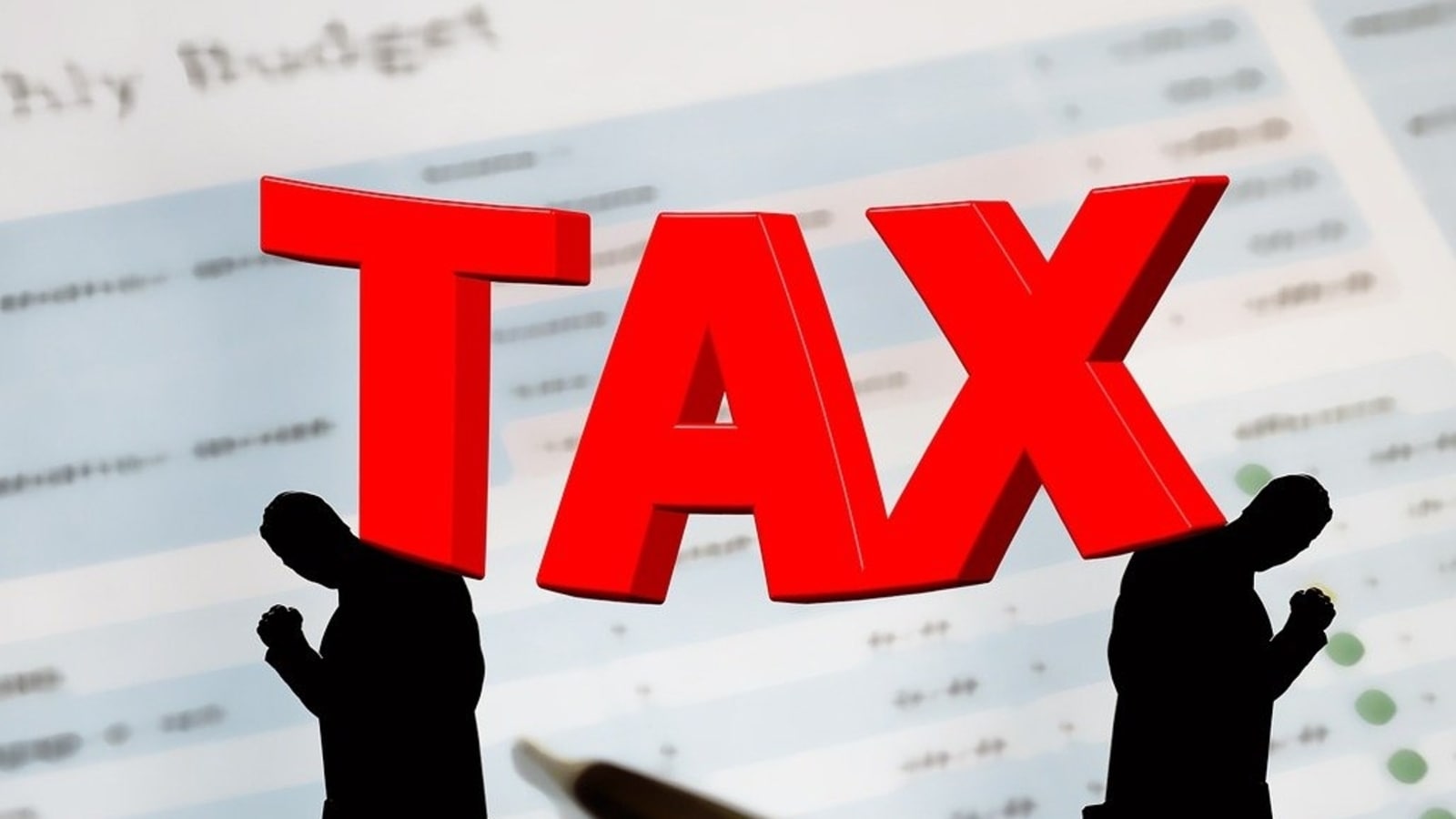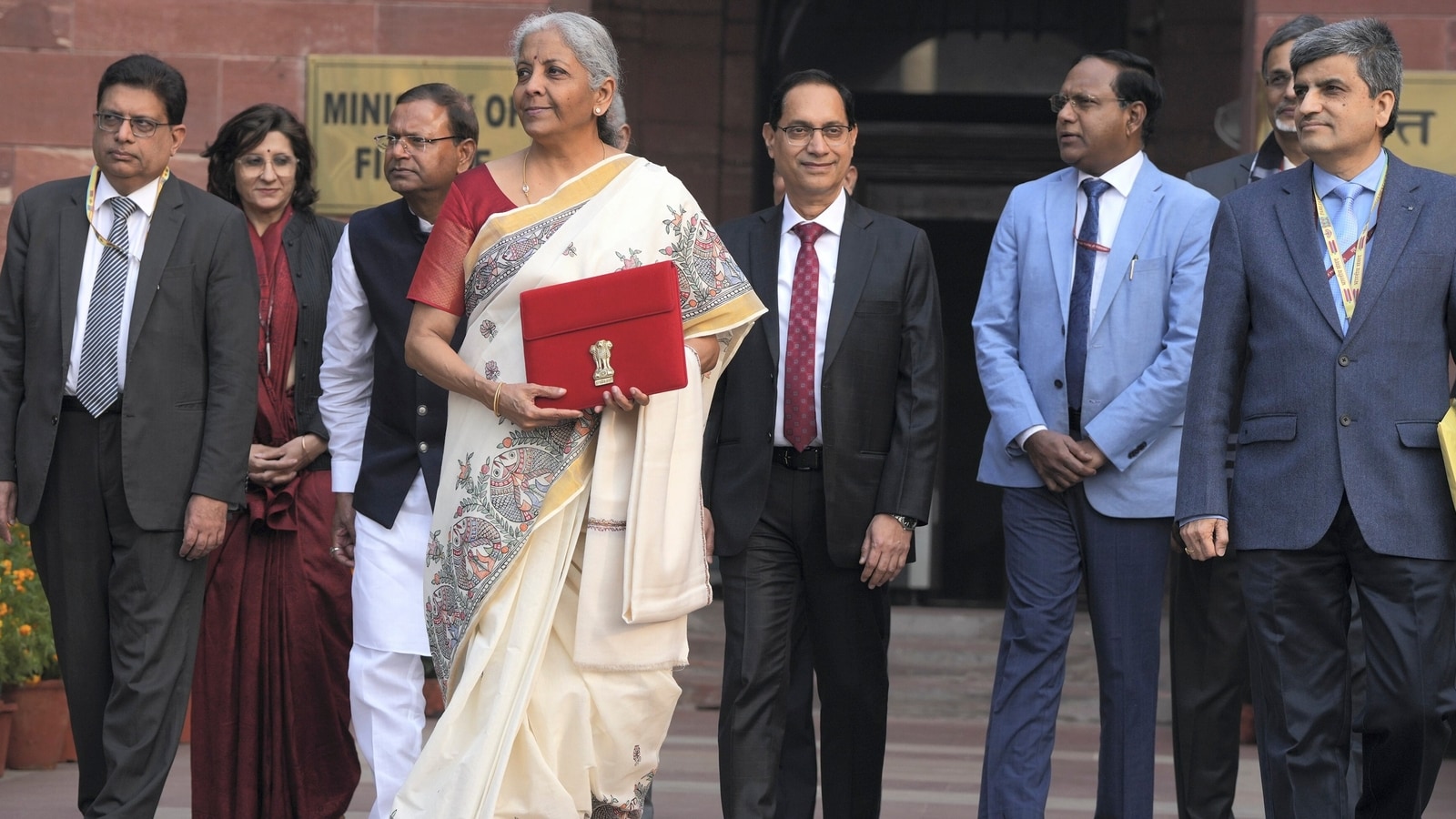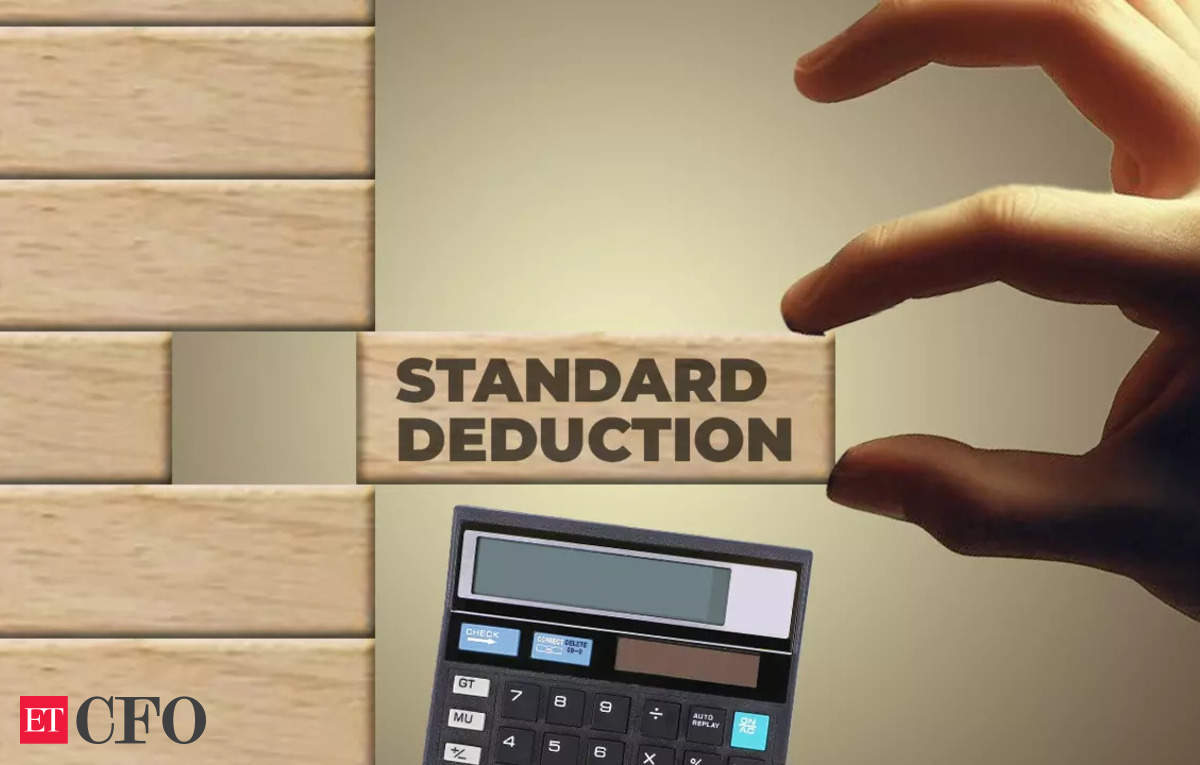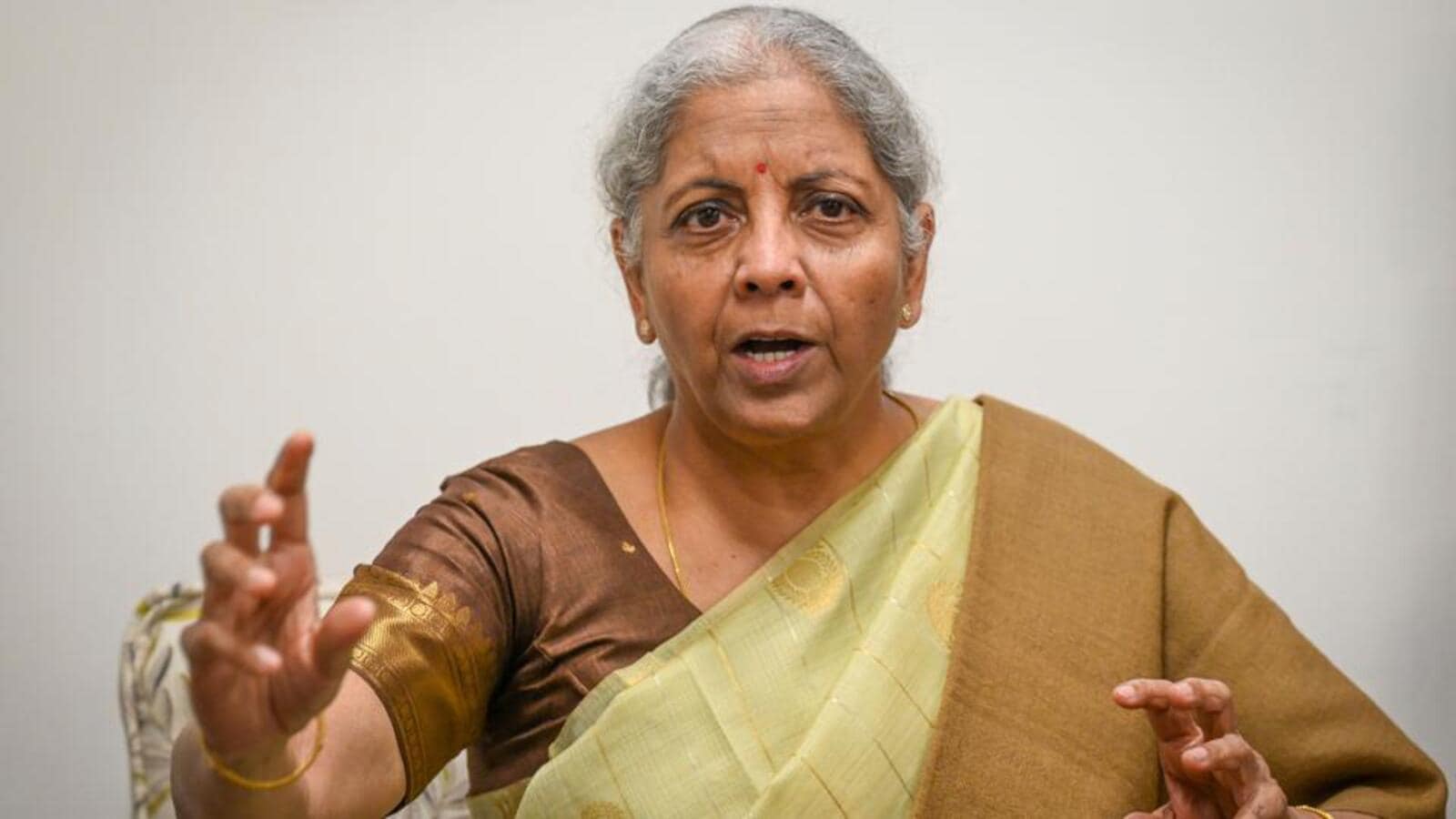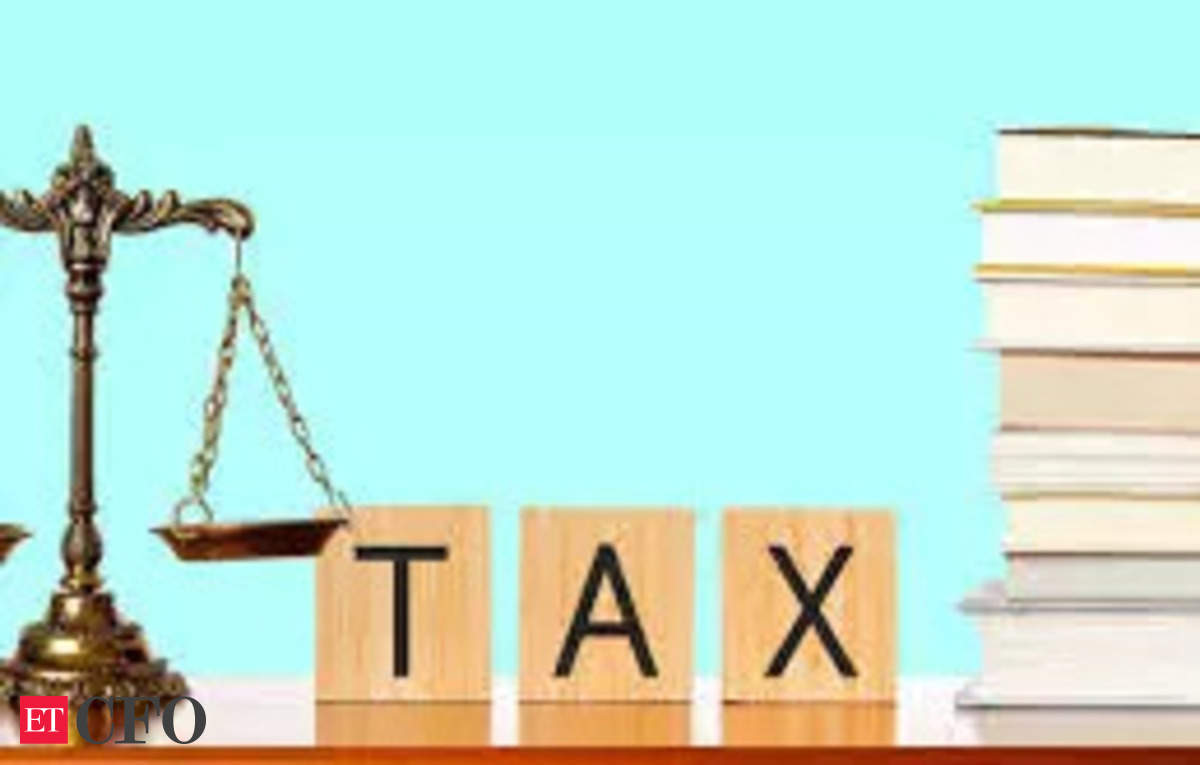The due date for income tax return (ITR) filing for FY 2021-22 and the Assessment Year or AY 2022-23 is 31st July 2022. Photo: Shutterstock
Filing your income tax return (ITR) is a crucial responsibility, but certain financial activities can leave a bigger footprint than others. The Income Tax Department utilizes information from various sources to ensure tax compliance, and specific transactions can raise a yellow flag, prompting further scrutiny.
While cash is still commonly used in India, the IT department keeps a close eye on high-value cash transactions. This is because large cash movements can be a red flag for hiding income or tax evasion. For example: : Depositing a significant amount of cash into your bank account, especially if you don’t have a documented source for the funds, can trigger a notice. Receiving very large cash gifts might be questioned by the IT department, especially if the source of the gift is unclear.
Tax Experts explains some of the transactions that can trigger an income tax notice:
Click to Read in Detail which are the high value transactions reported to Income Tax Department
High-Value Cash Movements:
Both ends of the spectrum can be concerning be it cash deposits or withdrawals. Significant cash deposits over Rs 10 lakh for savings accounts and Rs 50 lakh for current accounts or hefty withdrawals might invite questions about the source and purpose of the funds.
Transactions dealing in real estate, whether buying or selling property exceeding Rs 30 lakh, are reported. The tax department is interested in understanding the nature of the deal and the parties involved.
Investment Activities:
Investing large sums of cash over Rs 10 lakh in stocks, mutual funds, or bonds can raise eyebrows if the source of these funds isn’t readily apparent, particularly if it clashes with your declared income.
While the department doesn’t directly monitor credit card transactions, unusually high cash payments to credit cards over Rs 1 lakh or large debt repayments over Rs 10 lakh using cash might warrant investigation.
Exceeding these limits isn’t an automatic red flag. The tax department seeks a holistic picture. Here’s what else they consider:
The legitimacy of your high-value transactions hinges on a clear and verifiable source of funds. Unexplained cash deposits can trigger inquiries.
Any mismatch between the income you declare and the information reported by banks and financial institutions (about investments, transactions) can lead to a notice. Consistent record-keeping is vital.
Key highlights:
The Central Board of Direct Taxes (CBDT) has made it mandatory for banks to report occurrences when someone deposits, in one or more time deposits (other than that made through renewal of another time deposit), an amount aggregating to Rs 10 lakh or more in a financial year.
CBDT has made it mandatory for all banks, including cooperative banks, to report cash deposits aggregating to Rs 10 lakh or more during a financial year, in one or more accounts (other than a current account and time deposit) of an individual.
Payments made of an amount adding to Rs 1 lakh or more in cash towards credit card dues must be reported. Further, if one pays Rs 10 lakh or more to settle credit card dues in a financial year (in any mode), these transactions too need to be reported to the income tax department.
Purchase of foreign exchange, including travellers cheque and forex cards, debit or credit cards, aggregating to Rs 10 lakh also needs to be reported.
Financial institutions and firms issuing bonds or debentures must report receipts from any person of an amount totaling Rs 10 lakh or more in a financial year for acquiring such bonds or debentures. A similar limit is set for reporting the purchase of shares and mutual funds.
The property registrar is mandated to report to the tax authorities a purchase or sale by any person of immovable property for an amount of Rs 30 lakh or exceeding it.
Visit www.cagurujiclasses.com for practical courses


